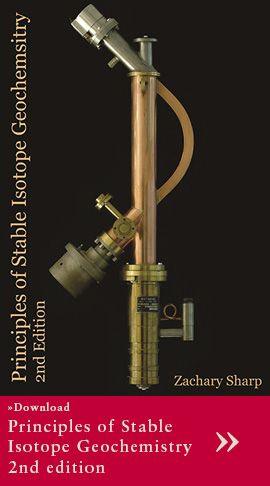The role of gut microbiota in supplying amino acids to their mammalian hosts
Gut microbiota are now recognized as important contributors to the diet and overall fitness of most animals for many reasons. These microbial communities often metabolize compounds that their host species cannot, and they contribute essential compounds needed for homeostasis and reproduction, particularly for organisms that experience seasonal or pesistent protein limitation. To date, most studies have focused on how gut microbes influence carbohydrate metabolism of their host, especially their role in converting plant structural compounds (e.g., cellulose) refractory to digestion into energy sources (e.g., fatty acids) that are easily metabolized by their host. The role gut microbial communities play in the protein metabolism of their host, however, has never been systematically explored (even in humans). Protein limitation is an ubiquitous and persistent challenge for herbivorous and omnivorous animals, especially those that live in seasonal or low productivity environments. Our project will combine compound-specific (amino acid) stable isotope analysis with next generation genetic sequencing to (1) quantify the degree to which gut microbes contribute to the protein budgets of their hosts, and (2) characterize which microbial taxa are most closely associated with the conversion of non-protein dietary macromolecules (carbohydrates and lipids) into amino acids used by the host to synthesize tissues. We will address these topics through a series of controlled feeding experiments on laboratory mice and by studying a diverse community of wild rodents belonging to different foraging guilds that inhabit temperate desert and grassland ecosystems.


